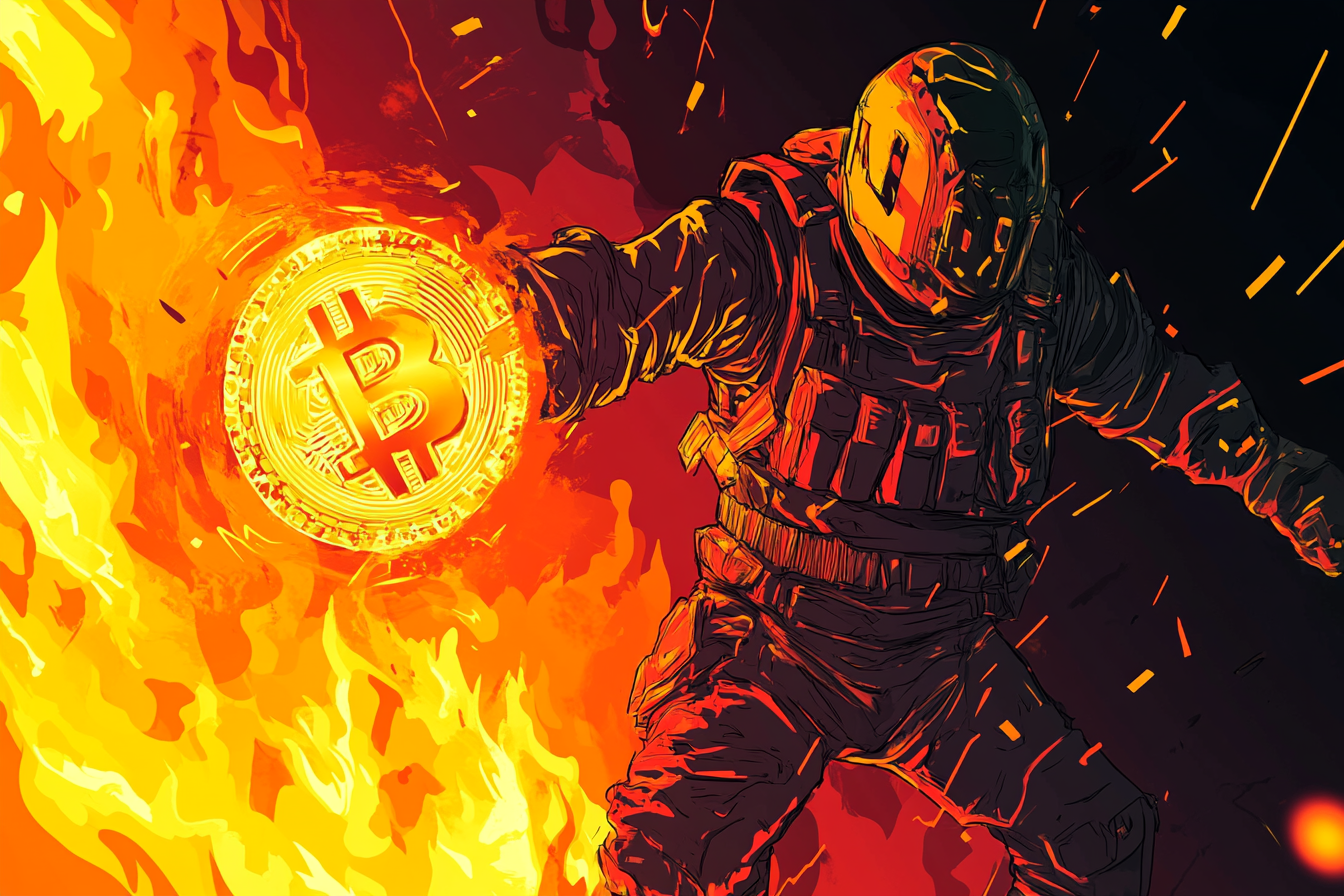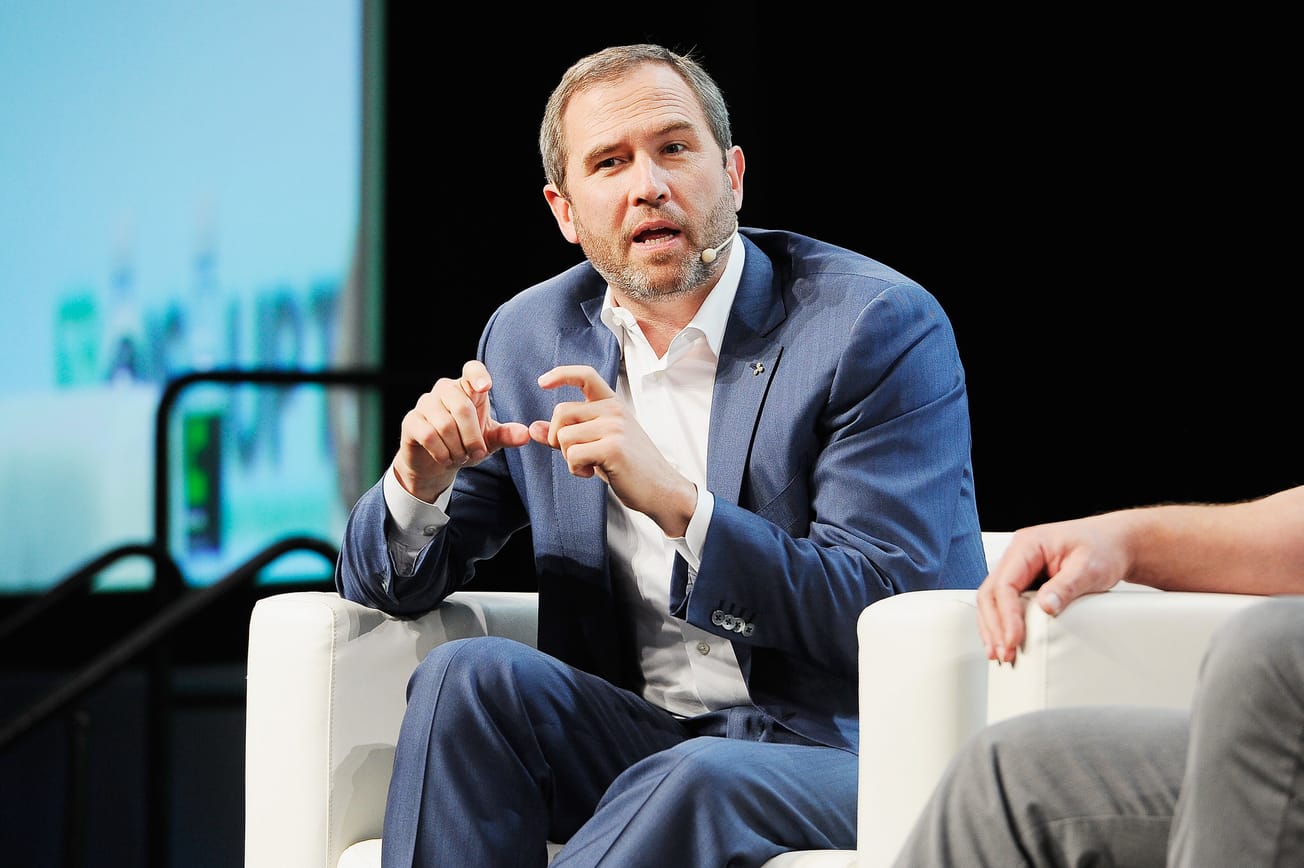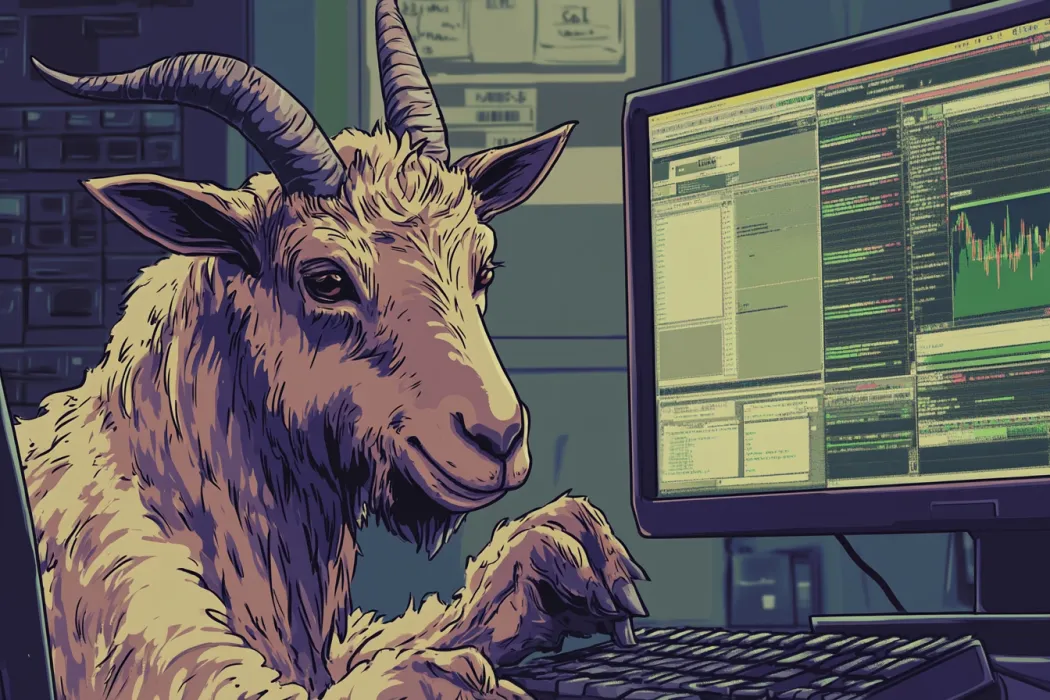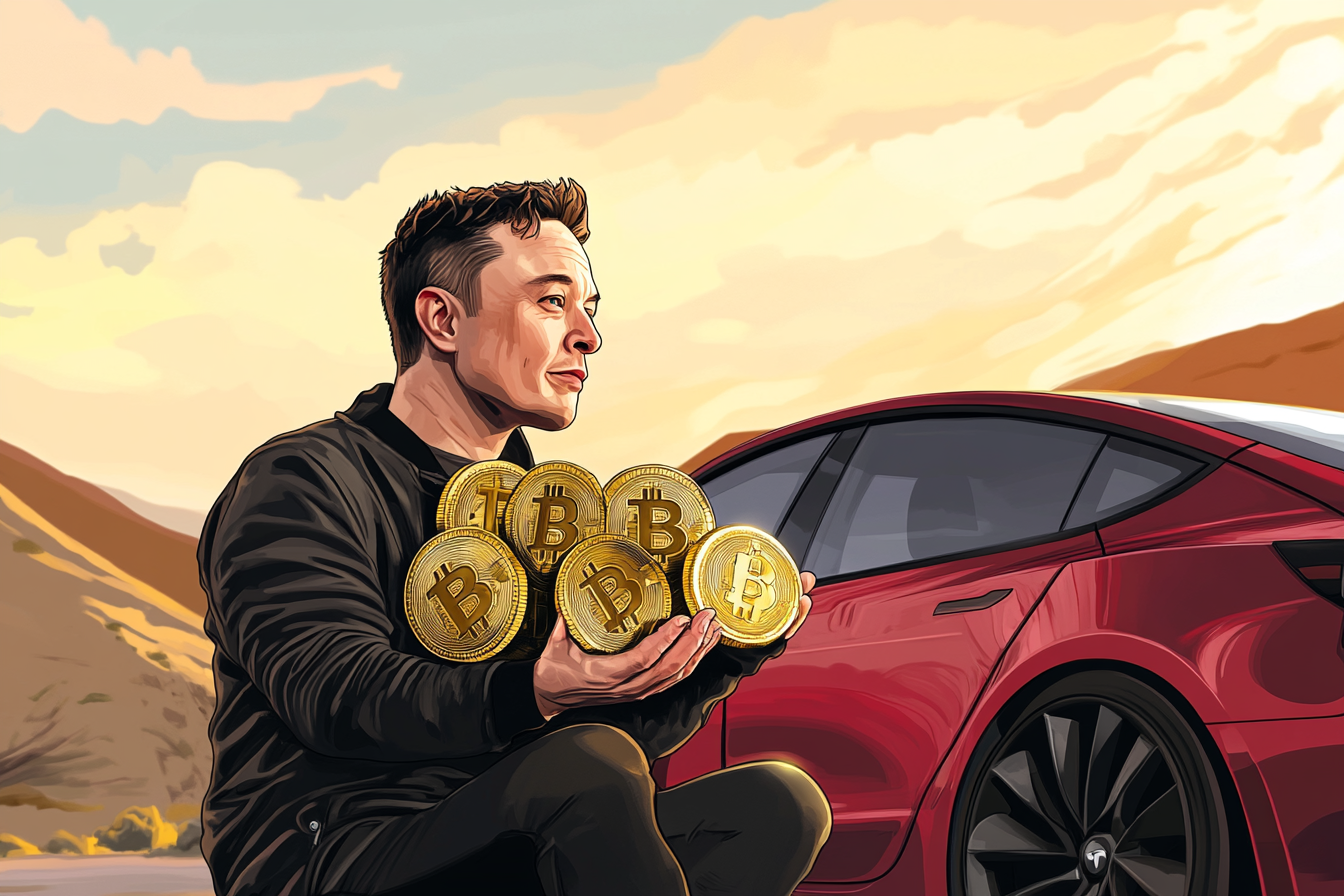Table of Contents
At this point, NFTs have infiltrated almost every crevice of every industry, so it’s almost no surprise that the automobile industry has succumbed to the digital asset world. However, at a time when the NFT industry is scrambling to find use cases beyond expensive digital trading cards, the auto industry might just be racing ahead.
Contrary to popular belief, NFTs are not just profile pictures or digital art pieces on OpenSea, and car manufacturers are beginning to unlock their full potential.
Alfa Romeo
Alfa Romeo might be loyal to its traditional aesthetics and rich Italian culture but the car manufacturer is one of the first off the line to embrace blockchain technology. The Alfa Romeo Tonale SUV is donned the “first car on the market” to sell with an NFT digital certificate.
“With the customer’s consent, the NFT will record vehicle data, generating a certificate that can be used to assure the car has been properly maintained,” Alfa Romeo said in a press release.
Effectively, the NFT will replace the industry standard of the vehicle’s dog-eared log book. By storing the vehicle’s service history on the blockchain, owners and subsequent owners of the car will have secure and comprehensive access to the vehicle’s certified history. This should ultimately raise the value of the car’s second hand price.
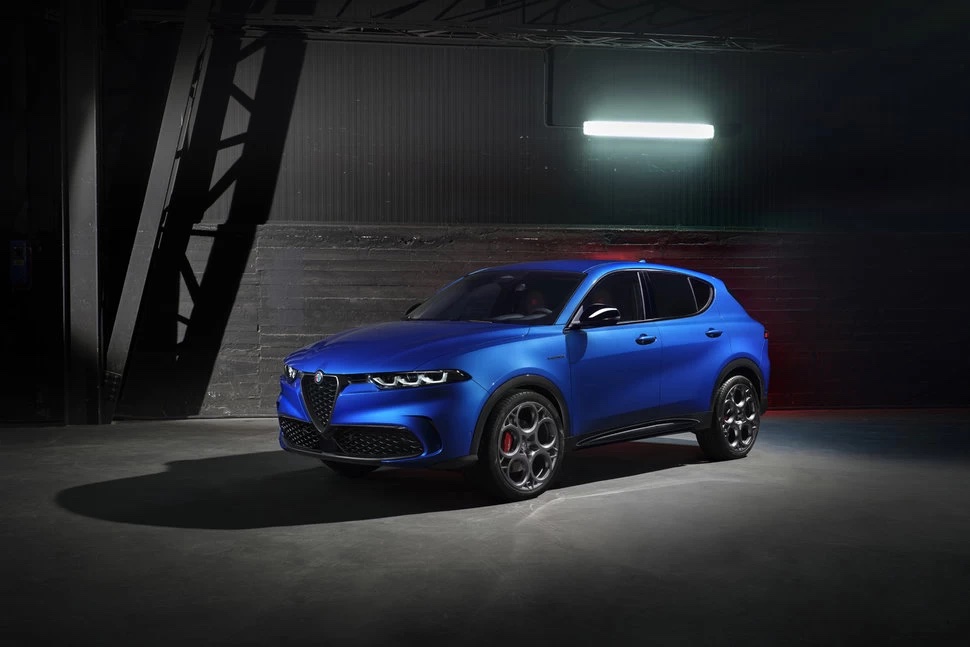
“On the pre-owned car market, NFT certification represents an additional source of credibility for owners or dealers to count on,” Alfa Romeo added.
However, as it stands, details are still thin about how exactly this will work. Alfa Romeo has yet to specify which blockchain the data will be stored on and whether the NFT will come at an extra cost to the Tonale. Nonetheless, Alfa Romeo said it plans to “soon” extend NFTs to “the whole Alfa Romeo lineup.”
Orders for the Tonale will open up in Q1 2022 with shipments planned for Q1 2023.
Nissan
The US vehicle auction market is worth US$3 billion alone. With ticket prices garnering six-figure sums for the rarest cars as well as smaller tickets for used vehicles, car auctions are incredibly lucrative.
In a first for the industry, Nissan Canada auctioned off an NFT version of their iconic Nissan GT-R at a winning bid of CDN$2,840,803 (US$2,301,438), which is over 10 times the price of the real thing. Although the auction was ultimately invalidated, the winner was set to also receive a real-life GT-R as well as the NFT.
Effectively, Nissan was auctioning off a car with an NFT extra, but the clever marketing team at the Japanese car firm presented it the other way round. The auction’s reserve price was CAD$280,000, which was coincidentally the list price for a real-life GT-R. Nissan had vowed to give the reserve price and final price difference to charity.
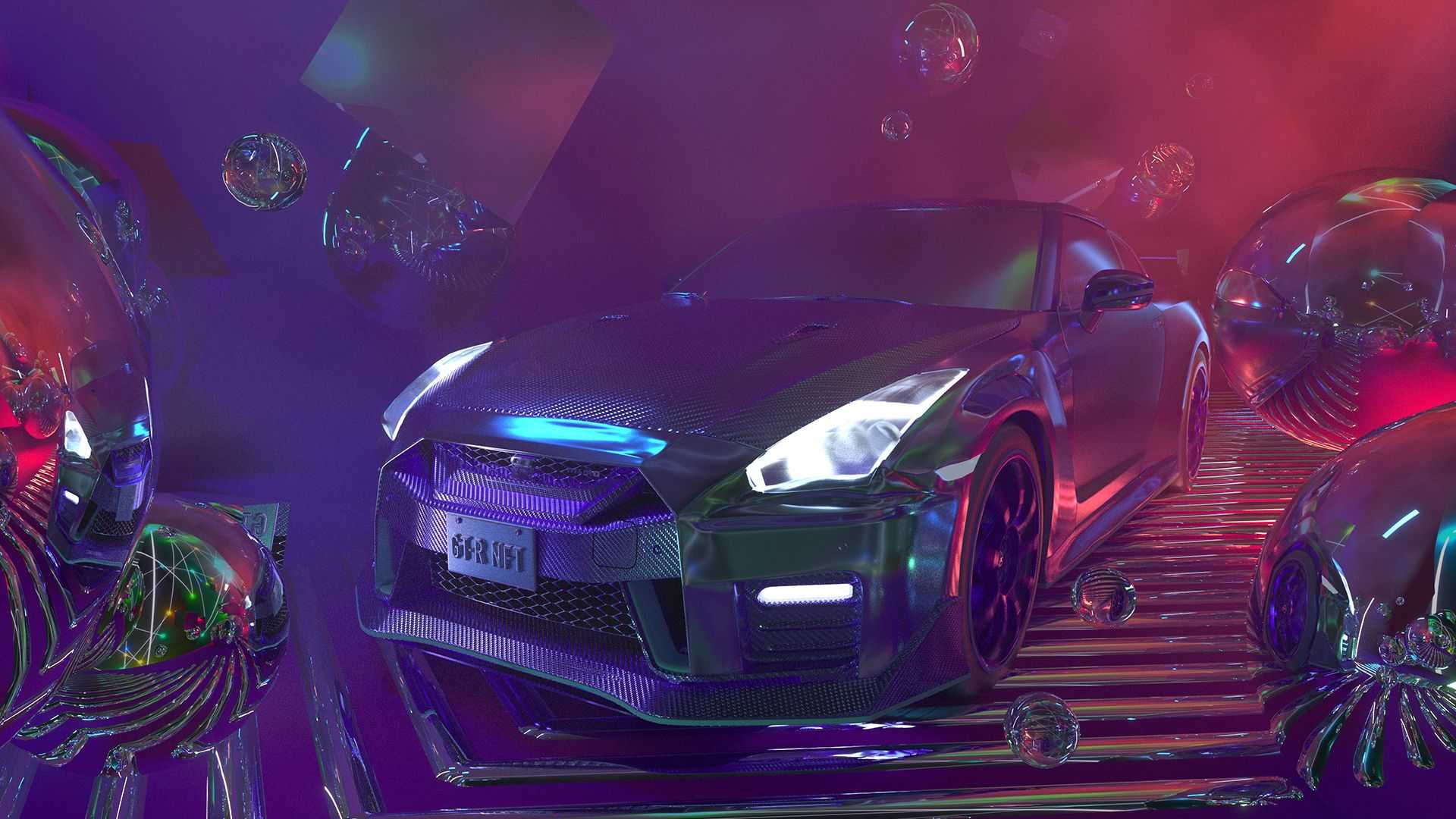
The takeaway from this is both that digital representations of cars are incredibly sought after but also that car auctions could benefit from the NFT structure.
Ferrari
Because Ferrari isn’t exclusive enough, the iconic Italian supercar makers are using NFTs to develop an exclusive Ferrari members club.
Partnering with Velas Network AG, Ferrari plans to issue its own NFTs to the automaker’s global fanbase. Details remain thin on the ins-and-outs of Ferrari’s NFT, but it is believed the NFT will give the holder membership to a super-exclusive club that grants access to special events and experiences.
These NFTs can be sold in the secondary market, much like other NFTs on OpenSea. Exclusive Ferrari membership will undoubtedly be invaluable, and selling it off through NFTs is a prime example of smart NFT utility.
Acura
Manufacturers of other tech such as smartphones, laptops and even televisions are privileged to display their latest products at fairly low costs. Cars, however, take up an incredibly large surface area. Thus, displaying your vehicle requires renting or owning large showroom floors, only to tell your customer that the customised car they actually desire will be somewhat different to what’s actually on display.
Acura – the American luxury and performance division of Japanese automaker Honda – is using the metaverse and NFTs to combat this issue. In March, Acura opened a virtual showroom on Decentraland to promote the 2023 Acura Integra, allowing customers to reserve the vehicles through blockchain technology.
Prospective buyers can walk up to see the car in Decentraland and walk around it whilst experiencing all the car has to offer. Visitors will be able to play games and interact with other virtual experiences hosted by Acura. Using virtual reality, the experience brings showroom viewing to the homes of users.
“In our new Acura digital showroom, fans immerse themselves in this virtual room that’s unlike anything else,” said Meliza Humphrey, senior manager of Acura marketing. “One of the things we wanted to do is to allow people who claim NFTs to put it up in this gallery.”
The first 500 customers who reserve a 2023 Integra will also receive a limited-edition NFT, which will be upgraded to a unique design by 3D artist Andreas Wannerstedt upon delivery.
By immersing buyers into the virtual showroom, whilst incentivising them to reserve the vehicle in the metaverse, Acura is using blockchain tech as a next-level marketing campaign. Sure, the NFTs are again digital art, but its exclusivity stemming from needing to reserve a car will only strengthen the value of the NFT.
XPeng
Trading NFTs on the secondary market is currently not allowed in China. In April, China’s banking, securities and internet finance associations released a joint statement warning about the financial risk of NFTs.
However, China’s conservative approach towards NFTs means the NFT market remains insular in the country. Chinese EV maker Xpeng is taking the opportunity to capitalise on China’s NFT appetite whilst appeasing Beijing.
To commemorate its 100,000th vehicle manufactured, Xpeng is selling “digital collectives” – a term used in China to disassociate from Beijing’s denouncement of NFTs. Those who test drive an Xpeng and pay RMB 19.9 (US$3.12) will be given a car-model-themed NFT on Alibaba’s NFT marketplace Jingtan.
Competitors Auchan Auto and Roewe are also using NFTs in China for similar marketing ploys too.
Lamborghini
Italian supercar maker Lamborghini is pushing the boundaries of its prestige too by auctioning an NFT that represents the latest Aventador to mark the last physical Aventador ever produced by the company.
The NFT will also feature music produced by Steve Aoki and art by Krista Kim. If the auction reaches €5 million, Lamborghini will throw a delivery party for the winning buyer. Other perks for the winning buyer include exclusive access to preview limited edition Lamborghinis, a VIP tour of the Lamborghini museum and a 15-minute virtual meet and greet with Aoki and Kim each.
This type of NFT integration with real-world historical events is the vision that bigger companies are progressing in this space.
We are auctioning the world’s first supercar 1:1 NFT and the Last Aventador Coupé produced for the first time ever. Auction starts April 19 2022.@Krista_Kim, @steveaoki, @INVNTGROUP and @rmsothebys.
— Lamborghini (@Lamborghini) April 5, 2022
CO2 Emission and Fuel consumption Combined: https://t.co/zr6fo0ia3H pic.twitter.com/EGb350oGwW
Industry utility
As proven by the above automakers, NFTs can truly revolutionise the car industry from a marketing standpoint. However, the industry itself is also looking to incorporate NFTs for systematic benefits.
Although overlooked and generally accepted without much resistance, registering a car to its owner is actually an unnecessarily arduous process. NFTs themselves provide certification proof of ownership, which can be also applied to the car industry. Endless paperwork, which is more at risk of loss and fraud could soon be a thing of the past if NFTs are used to transfer ownership securely.
This can be combined with the “pink slip” of the car. In a similar vein to Alfa Romeo’s thinking, NFTs provide a way of housing care safety inspection reports from authorised bodies.
“The utility for high-end luxury cars will evolve to enable scarcity through rarity traits attached to the NFT, reflecting the physical attributes of the car. When it comes to high-end cars, each is uniquely different, yet today, these details are not reflected in the pink slip,” Apollo Green, CEO and co-founder of Web3 gaming launchpad and incubator QGlobe, said.
Authorities can also implement NFTs to regulate vehicle licences and road eligibility. In places such as China and Singapore, where different licence plates allow drivers to drive their cars at certain hours or in specific areas, NFT technology can help governments issue and amend such licences more efficiently.
Slow and steady wins the race
The car industry and NFTs are still in first gear. Alfa Romeo might be the leader of the pack, but time will tell as to whether their virtual NFT dream will become reality. The most immediate cases of NFT usage in the car industry is still for marketing purposes that capitalise on the NFT craze. However, the potential NFT and blockchain technology has for the car market could revolutionize the industry.
More excitingly, it seems that car manufacturers are keen to make the leap into the digital realm of blockchain.






